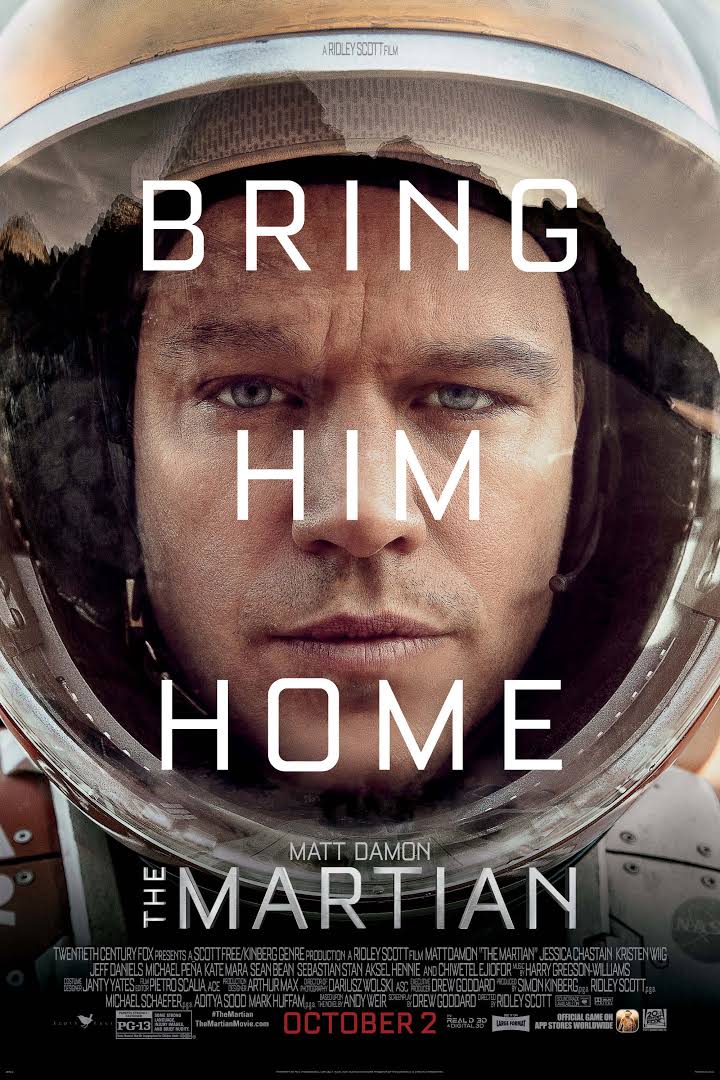Is The Martian, the hit movie about an astronaut stranded on Mars, actually an allegory of life in a tech startup?
There is not much biographical narrative online about Andy Weir, who wrote the book the movie is based on, but we do know Weir has worked as an Android developer at a number of tech companies. Did Weir’s time as solopreneur or at an oxygen-starved startup provide the The Martian’s blueprint? You be the judge.
- Let’s start with potato farming. Stranded on Mars, astronaut Mark Watney is on an adventure beyond the edge of mankind’s wildest imaginings, facing vast and gorgeous vistas and battling for his life against grim odds. But he spends his days doing very basic things — digging dirt, pushing a wheelbarrow back and forth, mixing shit and water, slicing up potatoes. Though the movie compresses much of that farm labor into a 20-second time-lapse sprint, the message is clear. Watn
 ey’s life is boring and backbreaking, day after day after week after week. That’s startup life in a nutshell — you’re pioneering, but spend your days on painfully tedious and incremental tasks.
ey’s life is boring and backbreaking, day after day after week after week. That’s startup life in a nutshell — you’re pioneering, but spend your days on painfully tedious and incremental tasks. - All of which sets the stage for another distinctly startup moment — the first green sprout. After all the digging, pushing, mixing, spreading, trudging, shoveling, grovelling and waiting, waiting, waiting, there’s a moment when a first green sprig comes into view — a friendly reply from a potential customer, a clicked link, a Google search visitor seeking exactly what you’re selling, a smile and a nod at a trade show. No potatoes yet, but the moment strikes like a lightning. This. May. Work!
- Then it’s back to the tedium. The Martian is about survival, staving off asphyxiation and starvation. Which is exactly what life is in any startup without millions of VC in the bank. (Or, again, running ultras!) All this work may lead to a glorious rocket-ride at some moment in the distant and almost unimaginable future, but right now life is about nothing but making it to tomorrow without collapsing.
- To survive, startups have to be adept at determining what, out of thousands of possibilities, is the next essential step. There’s no sense in wasting neurons, calories or precious minutes on challenges that will never be encountered if the current most-important problem is not solved. Many startups fail because they invest today’s minutes in scheming about next year’s hypothetical challenges rather than anticipating tomorrow morning’s emergency.
- Focusing intensely on the next step helps a startup team avoid feeling overwhelmed. Beyond a raw ambition to survive, there’s not much room for other emotions for startup staff, stranded astronauts or ultra runners.
- Startup success depends on making do with what you’ve got, rationing and then re-rationing, jigging and then rejigging. If you’ve got potatoes, figure out how to turn them into more potatoes. If you don’t have a communication device, scavenge one that’s 15 years old and buried in sand. If you’ve got six months of cash, figure out how to make it last nine months, then 12 months.
- Like Watney, startup staff are prone to scribbling in diaries, known on PlanetStartup as a blog. A blog isn’t (just) a vanity, a scribbled attempt outlive a venture that could vanish at any instant. A blog helps the writer stay sane, think through problems, and be more self-aware.
- Persistence, passion, brilliance, the right skills, a willingness to improvise — all these traits are important in startups and space. But Watney and any startup staffer also have to be profoundly humble, realizing that survival will also ultimately depend on a giant dose of good luck, spread across many occasions.
- Plan ahead constantly but also know that, almost by definition, what kills astronauts and startups is usually something that nobody has planned for or even imagined. (Trail runners know that you’re likely to trip over a small root, not the big ones you’re looking for.)
- Finally, despite the loneliness, fear, sweat, stink and probable grim outcome, Watney and startup staffers realize that they’re immensely privileged to have the chance to journey across previously untraveled vistas, peek over ridges into gorgeous valleys, to be puzzled and tested, to be pioneers. And, most importantly, to savor the simple pleasures of being alive and kicking for another day.
Have you seen The Martian and worked at a startup (or run an ultra?) Let us know what you think.
[Henry Copeland has been breathing PlanetStartup’s thin air for nearly 30 years. In 1998, after working for Wall Street and newspaper startups, Henry founded Pressflex to rent websites to European newspapers and magazines. In 2002, the Pressflex team created Blogads, a pioneering ad network for social media and native advertising. Since then Pressflex has created services like Twiangulate, Pullquote, AdBiblio and Racery. Today, henry spends a lot of his time on Racery, which hosts virtual races for groups ranging from nursing school staff and students to factory workers to running store customers to high school cross country runners to charity cyclists.]


